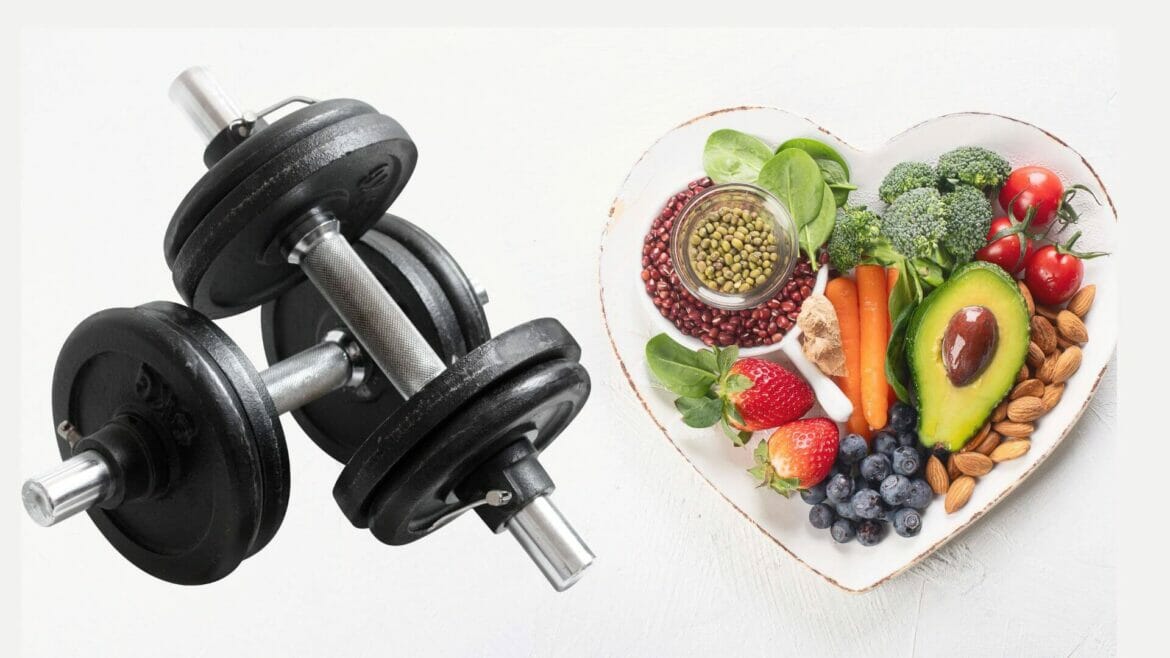Vegans may find it overwhelming when people throw pitiful looks on not getting quality protein, especially when trying to gain muscle with resistance training. While it is true that animal sources are complete proteins and provide all nine essential amino acids, it is indeed possible to get adequate protein from plant sources as well. And we wanted to help you further in this regard. So, hop on; let’s learn some important information to help maximise the protein power we consume.
What Are Proteins?
Almost every part of the human body contains proteins. Proteins are complex organic molecules made up of amino acids. There are twenty amino acids. Nine among them are essential amino acids, which your body can’t make, so you need to get those nine from your diet.
Proteins play a vital role in numerous biological processes in the body. Some of them are building and repairing tissues, supporting the immune system, and enabling metabolic reactions. Various foods, including meat, fish, dairy, eggs, and plant-based sources like beans, nuts, and grains, contain proteins.
- You might also like: Why Is Protein An Essential Nutrient? Know The Important Basics
Key things to remember when adding protein to gain muscle if you are a vegan or vegetarian
Vegans and vegetarians, who want to gain muscle with resistance training, may face protein deficiency if they do not consume enough plant-based protein sources. Here are some tips and information useful for vegans regarding protein intake.
1. Eat a combination of protein-rich foods
Each plant-based protein source has a unique amino acid profile, so combining them for optimal amino acid intake is important. For example, legumes are rich in lysine, while grains are rich in methionine. Combining the two can create a complete protein with all essential amino acids. Other popular protein sources for vegans include,
- legumes, such as peas, lentils, and beans
- nuts and seeds, such as almonds, hemp seeds, and chia seeds
- whole grains, such as quinoa and brown rice
2. Include branched-chain amino acids
Protein’s role in protein synthesis is particularly important. Protein synthesis is how the body builds new muscle tissue; you need sufficient protein intake to support this process. Branched-chain amino acids (BCAAs) are a kind of amino acid present in protein-rich foods like legumes, dairy, and meat. These amino acids play a significant role in muscle recovery and repair, making them an important part of any muscle-building diet. BCCA-rich protein sources for vegans include,
- chickpeas
- lentils
- brown rice
- whole wheat
- almonds
- brazil nuts
- cashews
- pumpkin seeds
3. Time of consumption
Studies also found that the time you take protein may particularly affect muscle growth. For example, consuming protein after exercise stimulates protein synthesis more effectively than taking protein at other times of the day.
4. Quantity to consume
About 0.8 to 1g of protein per kg body weight is enough for a normal person. However, taking 1.5 grams per kg along with resistance training is required for a person to gain muscle.
To conclude,
Be it a vegan, keto, paleo, Mediterranean, or raw food diet, eliminating protein is simply impossible. From being the basic building block of tissues to reducing the risk of chronic illnesses, the significance of protein can never be underestimated. While protein deficiency is uncommon in a well-balanced diet, pay more attention to your protein needs if you are a vegan or vegetarian who also aims to gain muscle through resistance training.
Images: canva.com
